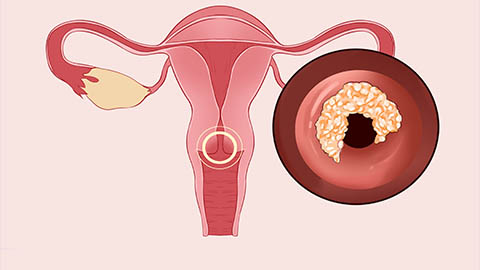Under what circumstances is a hysterectomy necessary?
Uterectomy is generally performed when the uterus develops severe pathological changes, and other treatment methods cannot effectively control the condition or when it poses a threat to life. The decision should be made based on the specific medical condition and the patient's physical status. Detailed analysis is as follows:

When the uterus suffers from malignant tumors such as cervical cancer, endometrial cancer, or uterine sarcoma, to prevent the spread of cancer cells and ensure treatment effectiveness, removal of the uterus is often necessary. The surgical procedure may involve total hysterectomy, subtotal hysterectomy, or radical hysterectomy, and may be accompanied by lymph node dissection. Postoperatively, based on pathological findings, adjuvant therapies such as radiotherapy or chemotherapy may be required to reduce the risk of recurrence and prolong the patient's survival.
If there are severe symptoms caused by benign uterine conditions, such as large uterine fibroids causing severe anemia, frequent urination, constipation, or other compression symptoms, or adenomyosis leading to severe dysmenorrhea and excessive menstrual bleeding unresponsive to medication, as well as uterine rupture, severe infection, or postpartum hemorrhage that cannot be controlled, hysterectomy may also be required to prevent further deterioration of the condition and protect the patient's health. Additionally, some congenital uterine developmental abnormalities that cause severe infertility or recurrent miscarriages, in patients with no childbearing needs, may also be considered for hysterectomy.
Patients should fully communicate with their doctors to understand the necessity and potential risks of surgery. Postoperative care, adequate rest, and regular follow-up visits are important to promote physical recovery.




